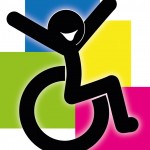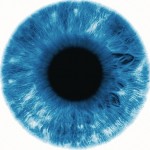
Work-related stress is everywhere these days. Obviously us elves are pretty much immune, but looking at the Bristol Stress and Health at Work Study (Smith 2000) I can see that more than 50% of human respondents reported being extremely, very or moderately stressed at work. You lovely people do suffer from lots of emotional and [read the full story…]








